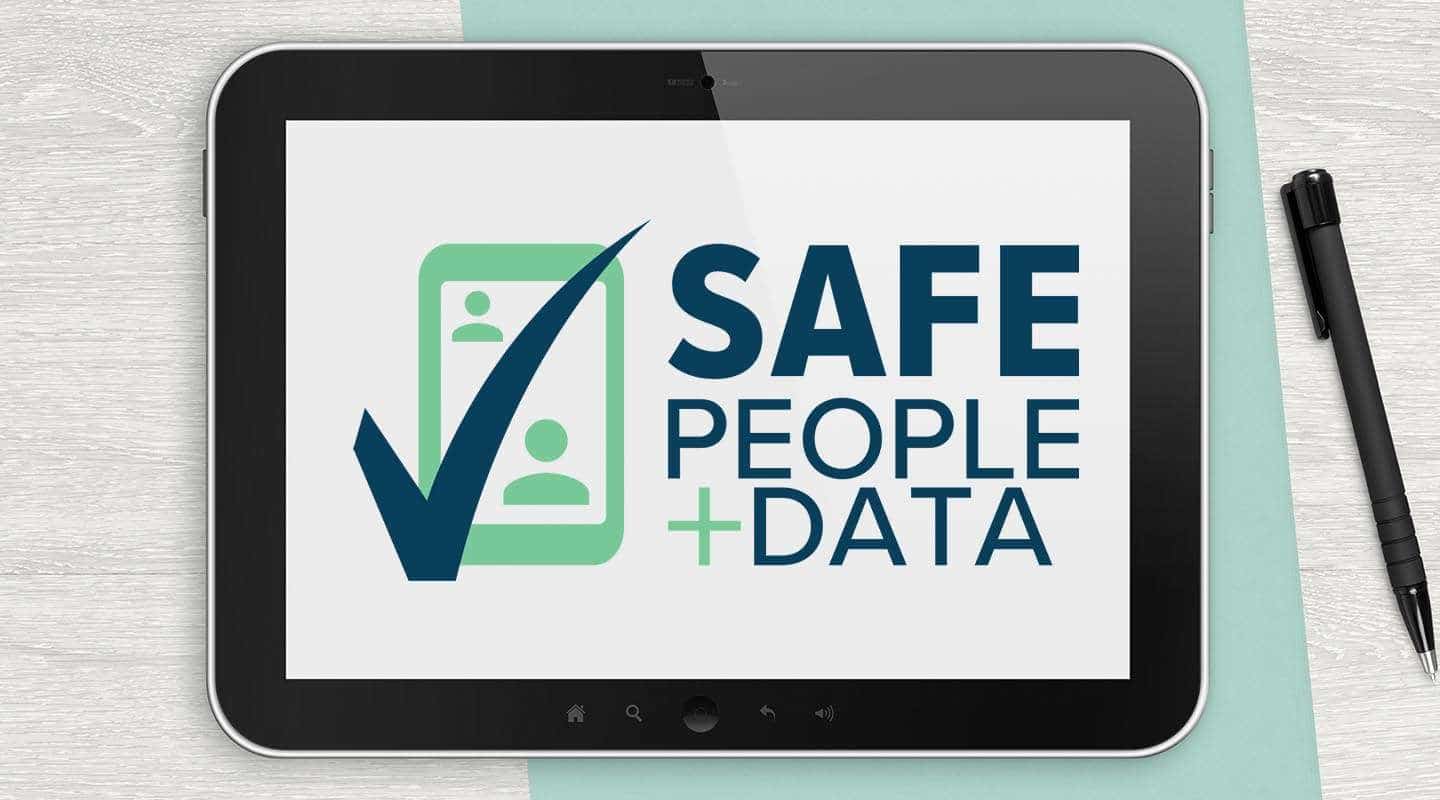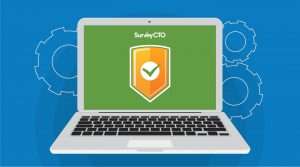Note: The live webinar has already occurred. You can watch the video recording here.
Organizations traditionally invested in collecting data face-to-face focused on learning and adaptation this year due to the COVID-19 pandemic. While very challenging, it is a process of adapting to new circumstances that bore lessons in resourcefulness. One important lesson focuses on the different modes of data collection that can be used and combined for more strategic and economical project planning. Join us on November 18, 2020 at 2 PM UTC / 9 AM EDT for our next webinar installment focused on lessons learned by using mixed mode data collection methods.
Even before the announcement of the Safe People + Data Initiative, the team at Dobility responded to COVID-19 through developing computer-assisted telephone interviewing (CATI) functionality, investing in more accessible web forms, creating materials on how to make use of SMS messaging including informed consent, and adding functionality for remote and decentralized data collection.
We’ve covered a variety of topics in our webinar series this year, and now we are tying it all together in two concrete data collection scenarios in the next webinar on November 18, 2020 at 2 PM UTC / 9 AM EDT. A member of our expert support team will moderate a 20-minute presentation and then open the floor to discussion and questions. If you miss the live webinar, you can watch the recording that we’ll post in our video library.
What you’ll learn
Join us on November 18th as we discuss lessons learned and demonstrate SurveyCTO features to support remote data collection based on the two following scenarios:
- Use case 1: Government health facilities around the country have been tasked with providing screening and testing for COVID-19. A broad range of data points are crucial to observe as independently as possible and track over time concerning medical supplies and personal protective equipment.
- Use case 2: An organization with a mandate to grow the capacity of small farmers is looking to implement and track an intervention. Qualified small farmers must be recruited, with their farms evaluated, and tracked over time to evaluate outcomes.
Participants will gain technical knowledge using multiple data collection methods as well as have the opportunity to discuss best practices and challenges within these two use cases.
How to attend
The webinar will be held on November 18, 2020 at 2 PM UTC / 9 AM EDT. Register today to attend! We post video recordings of all webinars in our video library and share them on our Facebook, Twitter, and LinkedIn pages.




